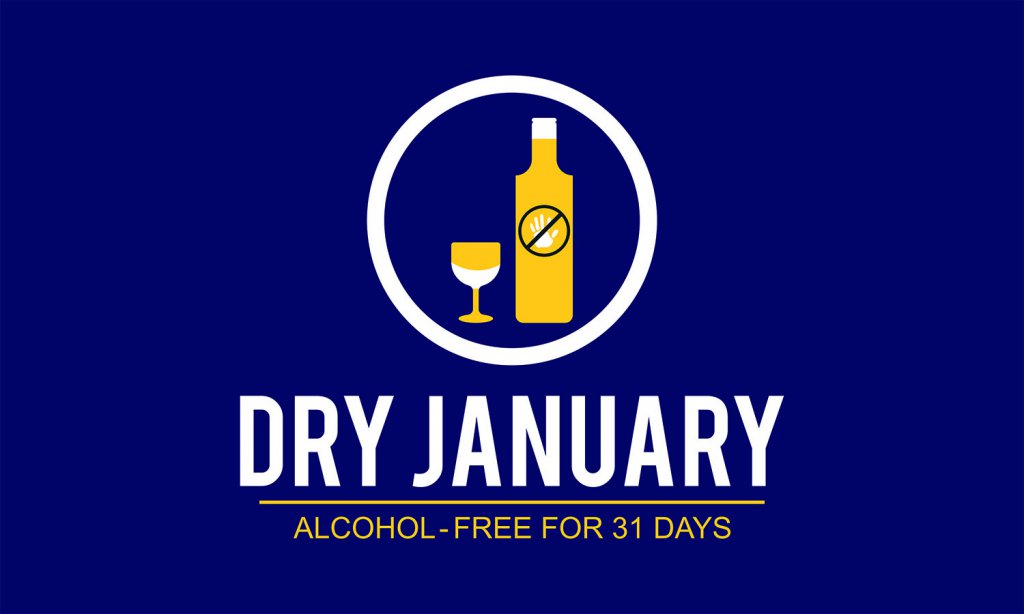6 Steps for Regaining Control of Your Overactive Bladder
40% of women and 30% of men experience symptoms of overactive bladder (OAB), or urge incontinence at some point in their life. Managing the symptoms is possible.
How “Dry January” Benefits Your Liver, Bladder, And Sexual Health
On January 1, an estimated 19% of the U.S. population kicked off a 31-day commitment to completely quit or reduce alcohol consumption – a challenge called Dry January. Many do it to improve their overall health, to save money, or simply to put their drinking habits on reset.

Few may think of how an alcohol-free lifestyle can affect their sexual health and urinary tract, the body’s system for removing urine. But trust us, these systems are noticing the change. And after a couple of weeks, if Dry January participants check in with their bodies, they might notice changes, too.
4 Body Functions That Can Benefit from a Dry-Out
Shaken or stirred, too many cocktails can have a chilling effect on how your body parts function. Following are how five key players of your urinary tract, as well as your sexual health, could benefit if you ditch drinking for 31 days.
Long-Term Improvements Could Require More Time
In practice, Dry January is an effective concept to get us to rethink our drinking habits. Sustaining those urinary and sexual health benefits, however, requires a long-term commitment to reduce alcohol consumption.
Those who feel better after 31 days of going dry may want to extend their abstinence by another day, or week. The longer the body gets a break from metabolizing the alcohol, the more time it has to heal from inflammation or other potential damage alcohol can cause.
Here are a few resources for easing through Dry January:
Mocktail websites – There is no shortage of Mocktail recipe sites, including the Mindful Mocktail, for alcohol-free inspiration. You also can check out own blog from last year dedicated to the mocktail, here.
Load an app – The Try Dry – Dry January app is free, without ads, and helps users achieve their alcohol-related goals.
Join a social group – Several social media platforms, including Facebook and Instagram, are home to dedicated Dry January pages.
Reflect on the nights before – Once you put some time between yourself and happy hour, take some time to candidly assess your drinking habits, what you do well and where you make mistakes. Don’t be hard on yourself; consider this an exercise in empowerment.
If you or someone important to you is experiencing any of the symptoms in this blog, or have questions about how alcohol consumption might affect your urinary and sexual health, contact your urologist for a consultation.
Virtual Assistant
I need help with ‘Billing Questions’
What number should I call to pay my bill?
If your bill is from The Urology Group, please call (513) 841-7474 to pay your bill.
If your bill is from The Urology Center, please call (513) 841-7475 to pay your bill.
If you would like us to call you to set up an appointment, please click here to request a call back.
If you would like to call us, please call
513-841-7400
to speak with a representative.
Our hours are:
Monday-Friday: 7:30am – 5:00pm
please call us at:
Our hours are:
Monday-Friday: 7:30am – 5:00pm
please call us at:
Our hours are:
Monday-Friday: 7:30am – 5:00pm
please call us at:
Our hours are:
Monday-Friday: 7:30am – 5:00pm
please call us at:
Our hours are:
Monday-Friday: 7:30am – 5:00pm